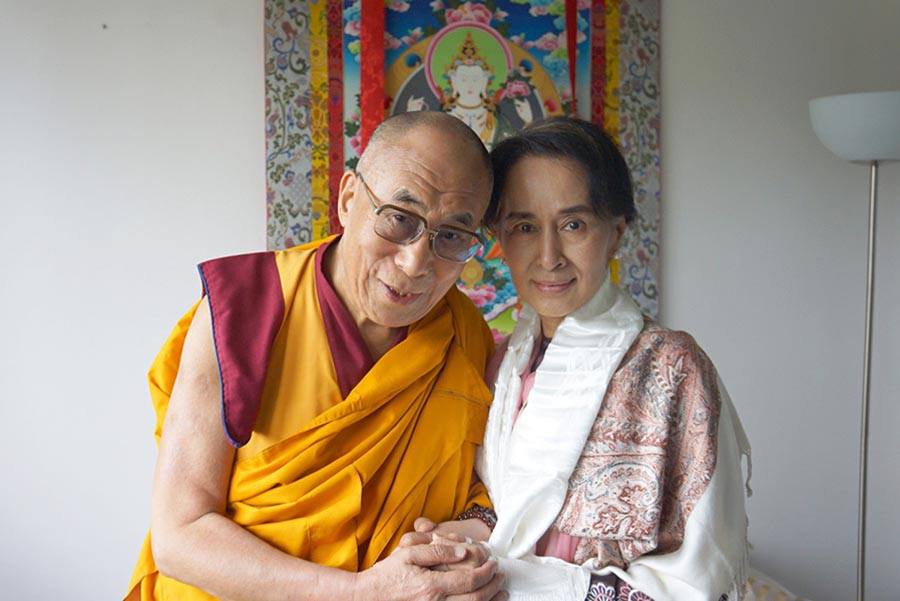Nepal Continues Its Restrictions on Tibetan Refugees To Appease China
By Tsering Choephel

DHARAMSALA, 14 Dec: The Nepalese government, on December 10, deployed numerous police personnel to key locations, including Boudhanath Stupa and Swayambhunath Stupa, to deter Tibetans from hosting celebrations for the 34th anniversary of the conferment of the ‘Nobel Peace Prize’ to the Tibetan spiritual leader, His Holiness the Dalai Lama, a day that also coincides with International Human Rights Day.
A report from Voice of America mentioned the arrest of four Tibetans, who were later released on the same day. Subsequently, several Tibetans living in Nepal informed us that Nepali police were stationed at every street and corner surrounding the Boudhanath Stupa, limiting the freedom of movement and prohibiting gatherings in groups on Sunday.
Under pressure from Nepali authorities, the regional Chushi Gangdrup Association Nepal, along with other Tibetan organisations, had to cancel their planned celebration of the day on which His Holiness the Dalai Lama was awarded the Nobel Peace Prize in 1989. For the uninitiated, the Nepalese government’s practice of suppressing Tibetan refugees from commemorating significant occasions, such as the Tibetan National Uprising Day on 10th March, the Dalai Lama’s birthday on 6 July, and the Nobel Peace Prize Day, is not a new development.
The Tibetan Centre For Human Rights and Democracy (TCHRD) recently published a report titled ‘Languishing In Limbo: Tibetan refugees in Nepal.’ This report details the various ways in which the plight of Tibetan refugees living in Nepal is deteriorating under a government increasingly influenced by the Chinese Communist Party (CCP) in Beijing.
The denial of Refugee Cards to Tibetans since the mid-1990s has consequently deprived Tibetan refugees in Nepal of safe travel, employment, and educational opportunities, according to the TCHRD report. The report states, ‘Arbitrary detention is common during sensitive political anniversaries. Many remain undocumented, which exposes them to further human rights violations.’






